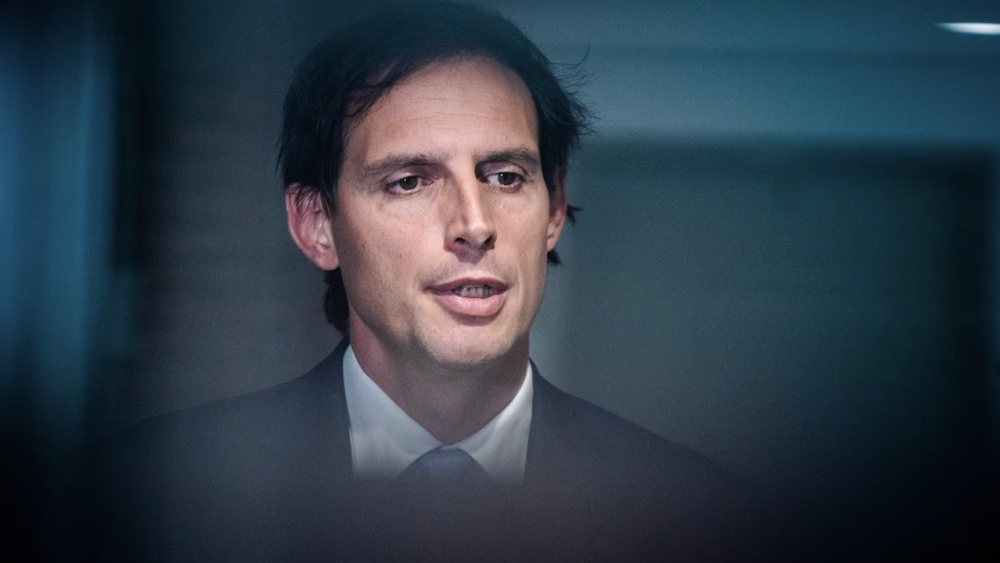EU elects new leader, but is the priority on Climate or still party politics? (BNNVARA)
By Fenna Swart and Maarten Visschers

The outgoing cabinet, on the personal recommendation of outgoing Prime Minister Mark Rutte, has nominated Minister Wopke Hoekstra (Foreign Affairs) to succeed Euro commissioner Frans Timmermans in Brussels. According to Rutte, this nomination has support within both the cabinet and the European Commission in Brussels. The question is whether this is correct? Within the Cabinet, D66 was probably not enthusiastic. But also in Brussels and far beyond in Europe, protests are heard. Hoekstra’s fate is now in the hands of members of the European Parliament where Hoekstra will be heard on October 2nd. A refusal is rare but there is a precedent from 2019. This protest should be taken seriously and a refusal is justified. In the interest of climate and biodiversity goals and our earth as a whole.
Whether Wopke Hoekstra will also be appointed is not yet a done deal. The hearing on October 2 will be a crucial moment for MEPs to assess Hoekstra’s candidacy. A delegation of parliamentarians will then question the Commissioner-designate for three hours about his European plans. If they are not convinced in those three hours, a second session will follow.
Dubious track record
Hoekstra’s track record as an ex-employee of the oil industry and active player in the business world with no demonstrable knowledge or expertise on climate and biodiversity issues make him an unsuitable candidate for this role. But the main reasons against this appointment are 1. lack of leadership; 2. lack of integrity and conflicting interests; 3. unwillingness to invest in renewable energy, and 4. resistance to international climate agreements.
Economic interests over nature
Hoekstra’s party (CDA) is often criticized for its lukewarm stance on climate policy. Their proposals often prioritize economic interests over environmental considerations which is inconsistent with the European Union’s promise to become climate neutral by 2050. Like consistent resistance from the party to regularly invest in renewable energy sources and promote sustainable practices, with the exception of biomass burning which is by no means renewable.
Self subject of research
During the corona era, as finance minister, Hoekstra provided more than €3.4 billion in support to airline KLM and actively objected to the Dutch government’s goals to reduce emissions of nitrogen and thus methane, a potent greenhouse gas. As a Dutch senator, Hoekstra simultaneously worked for McKinsey, where he worked closely with the consultancy’s controversial clients, including major pharmaceutical, tobacco and fossil fuel interests. In addition, while a member of the Committee to Combat Tax Evasion, Hoekstra was himself investigated after the Pandora Papers made his shares public. But Hoekstra’s most notable political achievement regarding climate is that he himself was the target of a parliamentary inquiry into gas extraction Groningen, in which he pushed for the continued exploitation of oil and gas in the Netherlands. In doing so, he long opposed financial compensation for destroyed homes in the Groningen gas extraction area. And the compensation is still too little.
Priority nature, communities and species
The European Union plays a crucial role in global climate action, and the person appointed to this position must be able to fully commit to the Climate and Biodiversity agenda with high urgency, ambition and a deep understanding of its complexity. Europe needs a Climate Commissioner who prioritizes action to protect vulnerable nature, communities and species in line with the needs of Europeans, the climate and nature interests of the European Union and our planet as a whole.
